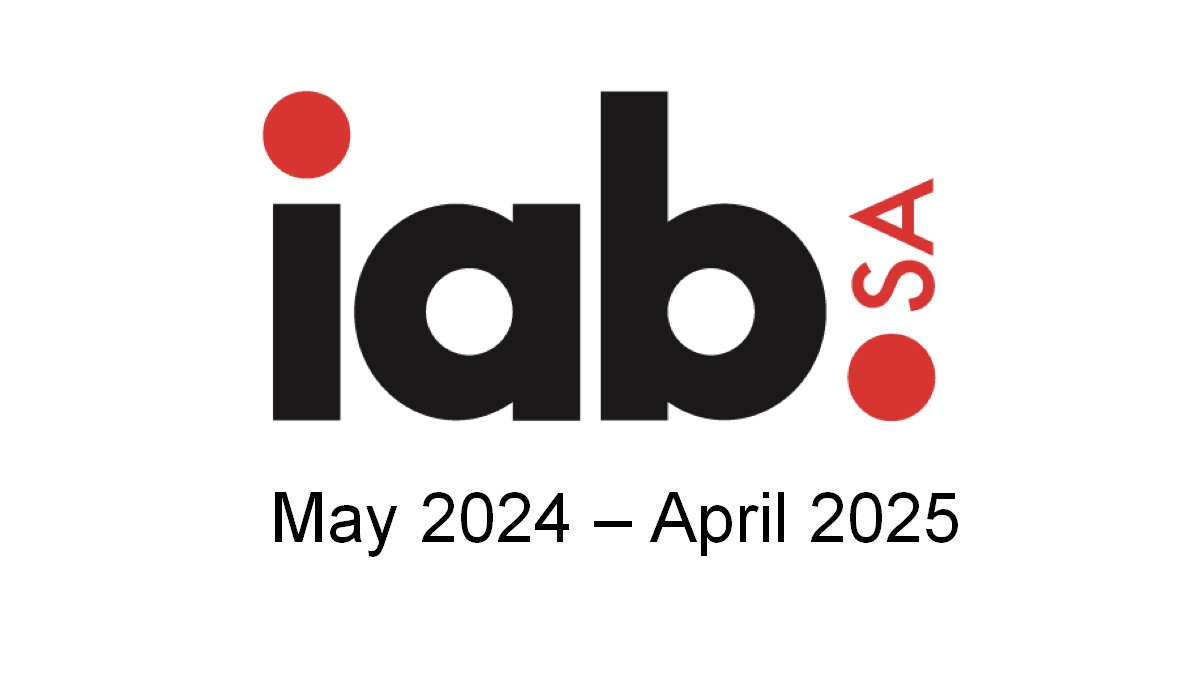John Steenhuisen, the leader of the DA, has sharply criticised laws that have recently been signed by President Cyril Ramaphosa.
According to Steenhuisen, the National Health Insurance (NHI) Act and the Expropriation Act are the primary sources of his party’s discontent.
He also raised issues with the longstanding broad-based black economic empowerment (B-BBEE) legislation.
Speaking ahead of Ramaphosa’s State of the Nation Address (Sona) scheduled for Thursday in Cape Town, Steenhuisen reiterated the party’s stance against the B-BBEE laws as they favour “politically connected” individuals while leaving the impoverished behind.
The fundamental objective of the act is to advance economic transformation and enhance the economic participation of black people in the local economy, which is currently being controlled by white people.
Private medical aid schemes
“This requires an alternative mode of redress which moves away from direct ownership solely and allows businesses to invest in the communities they operate in.
“This opens opportunities for small businesses to plug into their value chain,” he said during the pre-Sona briefing on Wednesday.”
While the DA says it is determined to make the government of national unity a success, Steenhuisen explained that the party would still be fighting against the implementation of the National Health Insurance Act and the Expropriation Act in their current forms.
The DA wants to dispute clauses around private medical aid schemes and has already taken the matter up with Ramaphosa.
Steenhuisen, who is also the minister of agriculture, said: “I want to be clear, we are insisting that private medical aids must remain as they are, separate from any government scheme.
“We look forward to working with the president and the ministerial advisory committee to put in place alternatives to the NHI in its current form that will provide all South Africans with access to quality healthcare, regardless of their socioeconomic background.”
DA takes legal route
The DA is going ahead with legal action pertaining to the Expropriation Act, which Steenhuisen deems to be “unconstitutional”, adding that it should go back to parliament.
“Property rights are the bedrock of our economy and a fundamental right of every South African,” he explained.
“Where there is doubt about property rights, it won’t be good for jobs and growth, and the DA is committed to protecting these rights and to redress, as enshrined in Section 25 of the constitution.”
The act repeals the pre-democratic Expropriation Act of 1975 and sets out how state organs may expropriate land in the public interest for varied reasons.
It also outlines how expropriation can be done and on what basis.




